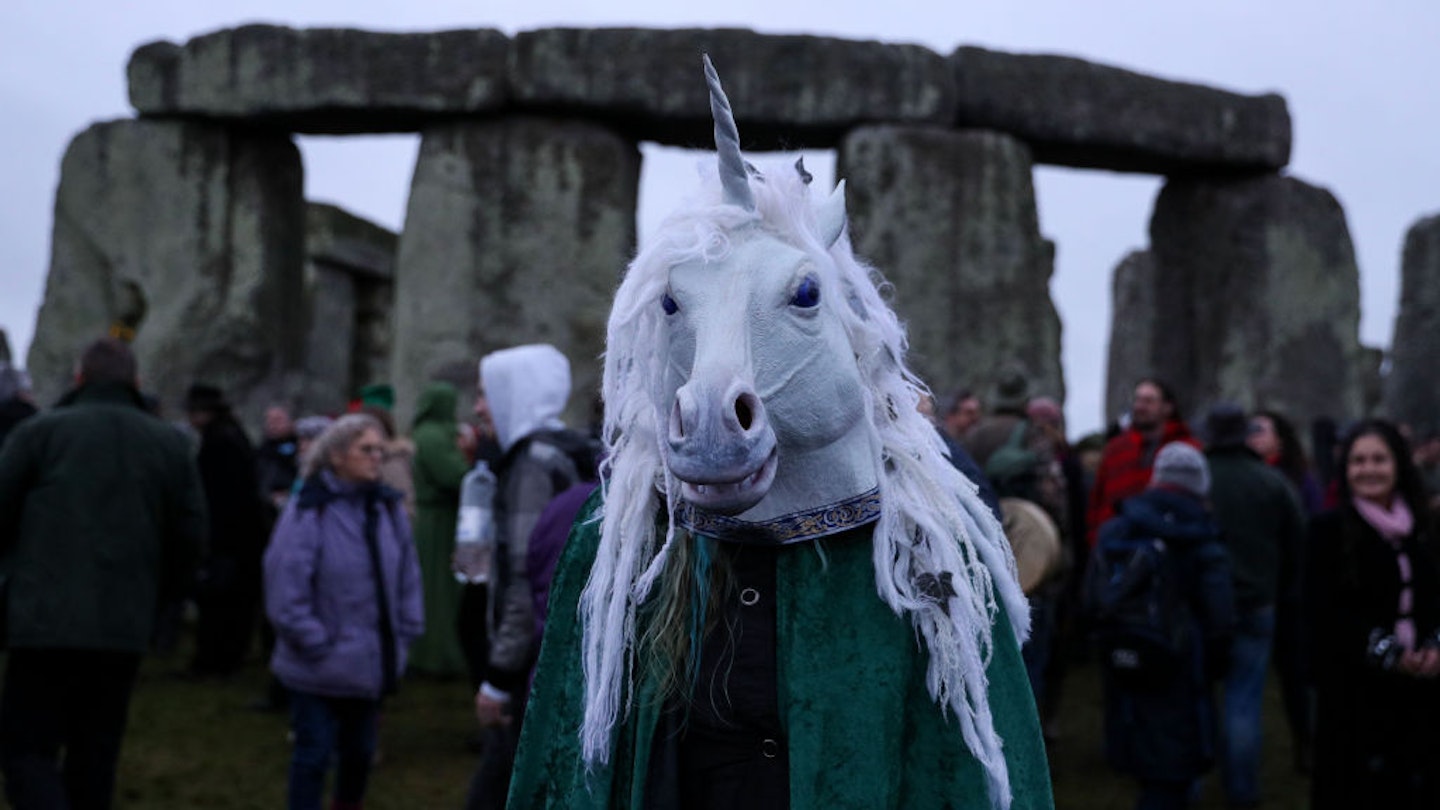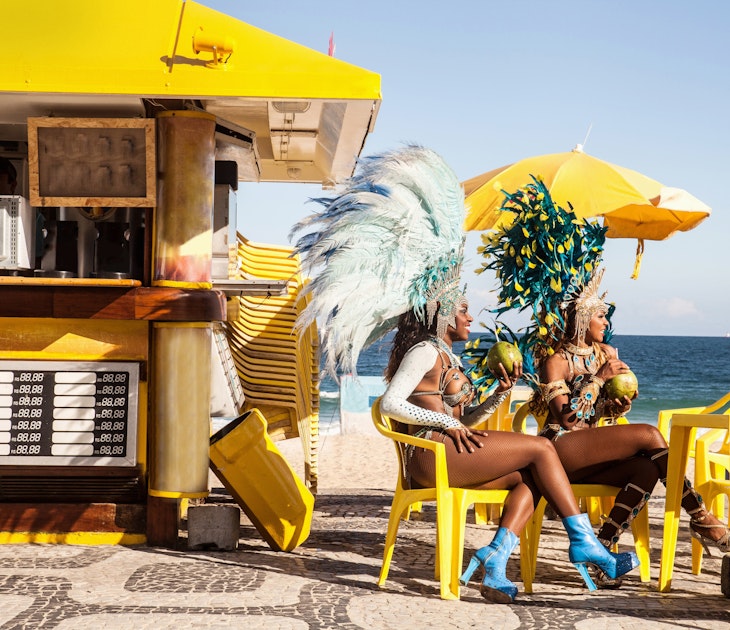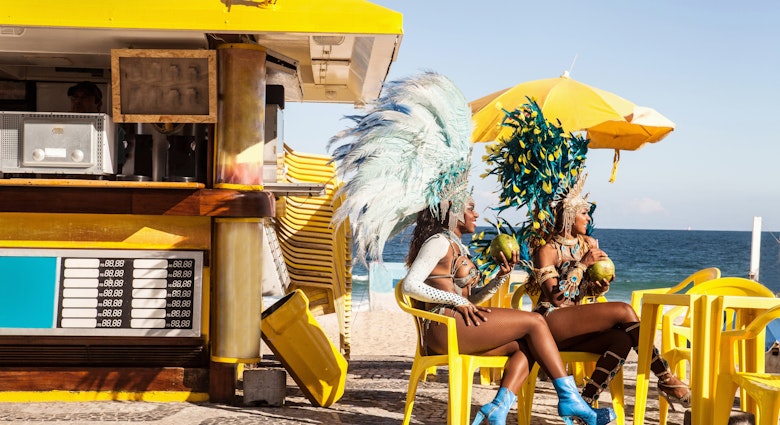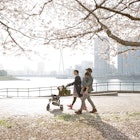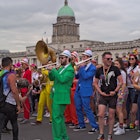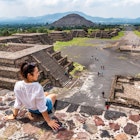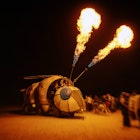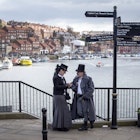For centuries, cultures from Scandinavia to Asia have recognized the year’s longest night as a marker for slowly extending days, the end of harvests, and even the potential activation of evil spirits.
When the winter solstice returns in the northern hemisphere at 03:27 am on Friday, December 22, 2023, people around the world will bring light to the year’s darkest day. Here are the best places to celebrate the winter solstice in 2023.
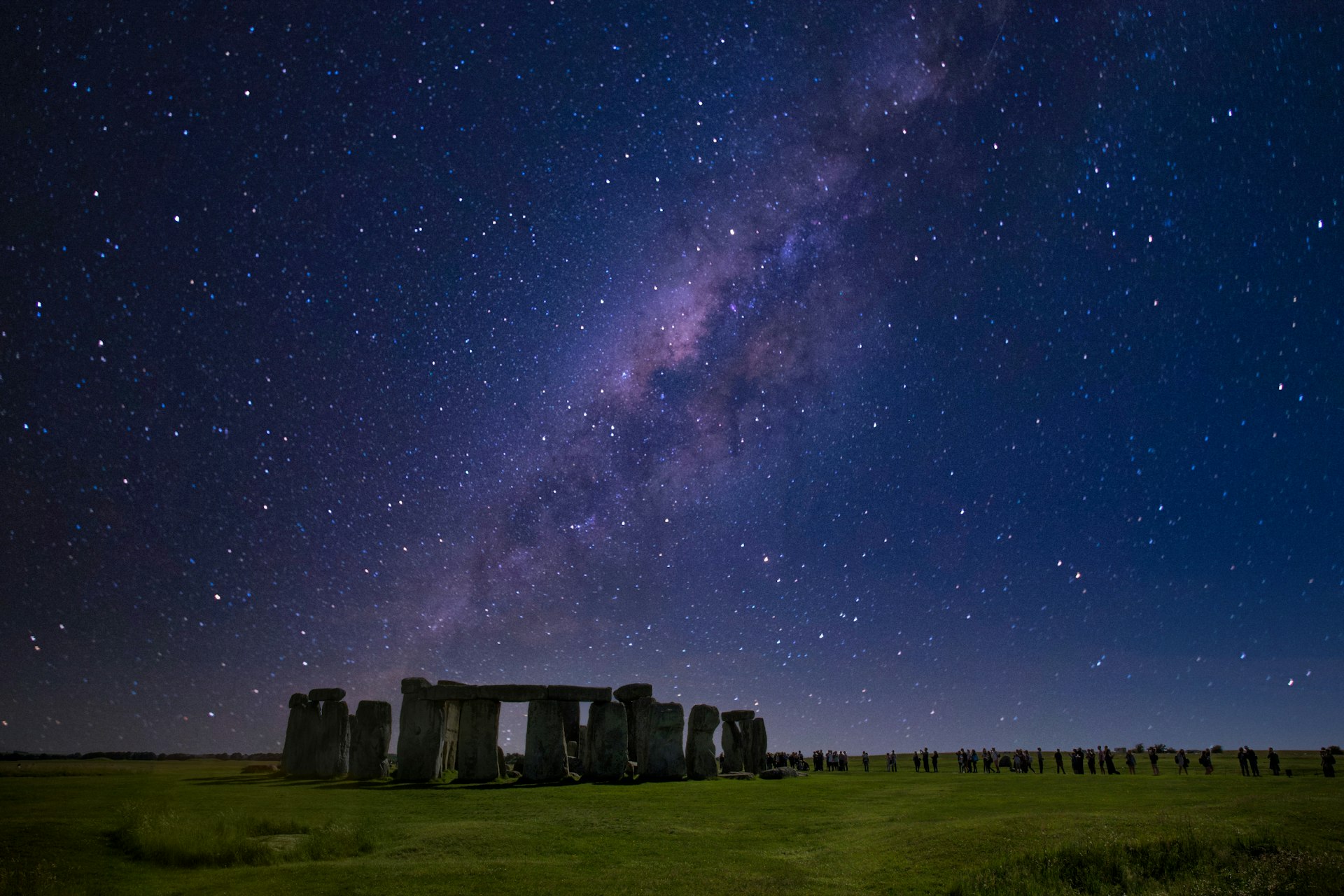
1. Stonehenge, England
There’s perhaps no better time to visit the prehistoric rock wonders of Stonehenge than on the winter or summer solstice. New Age tribes (neo-druids, neo-pagans, Wiccans) mix with tourists, travelers and party people at the mystical structure to honor the year’s shortest day.
The two solstice days are the only time when entry is free and visitors are allowed to roam and explore the giant structure. If you can't make it in person, check out the live stream of the event via English Heritage’s YouTube channel.

2. St Lucia’s Day, Festival of Lights and Yule, Scandinavia
Scandinavia has a strong tradition of marking the turning point in its long, dark winters with festivities that interweave pre-Christian and Christian rituals. St Lucia’s Day takes place on December 13, the shortest day of the year according to the Julian calendar.
Before Christianity came to the region the Norse recognized the winter solstice by burning large fires to scare away evil spirits, and it’s this tradition that has influenced the present-day Festival of Lights.
Now dedicated to St Lucia, the festival is a celebration of light conquering darkness. There are processions featuring thousands of candles, and the eldest daughter in every household dons a white dress and a crown of candles before serving coffee and baked treats to the rest of the family.
St Lucia’s Day kicks off the Yule season, a period more-or-less synonymous with Christmastime festivities. However, Yule (thought to originate from the Old Norse name for the festival, jōl) originally stems from a pre-Christian feast celebrating the coming return of the sun and the god Odin, and many current holiday traditions came from this festival, including Yule logs and evergreens, cider and mulled wine and gift giving.
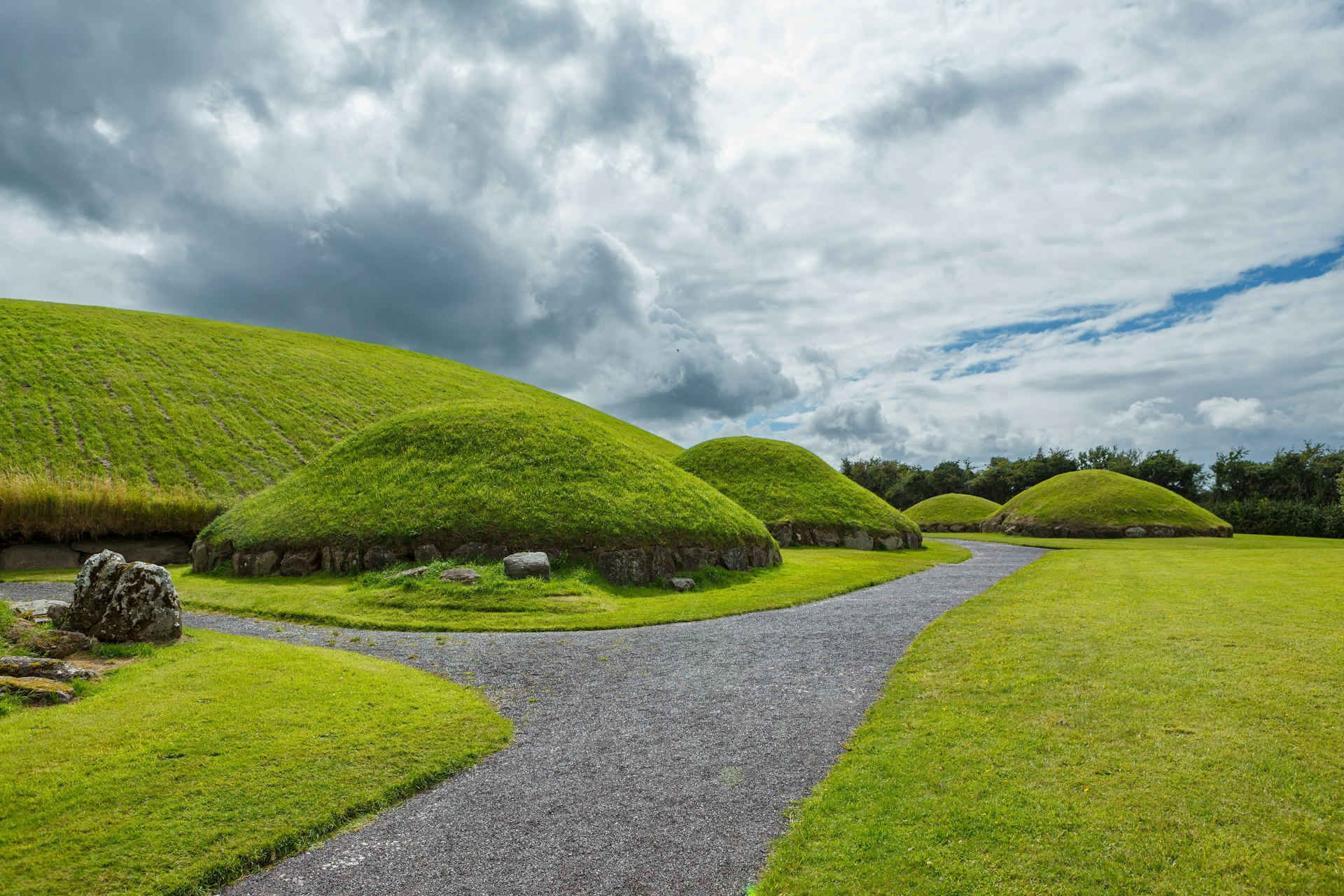
3. Winter solstice at Newgrange, Ireland
Mysterious Newgrange in County Meath, Ireland, thought to have been built around 3200 BCE, draws much attention during the winter months. This circular structure was designed so that its longest passage and inner chamber are illuminated completely during sunrise on the winter solstice, leading archaeologists to believe that Newgrange may have served as a religious or ceremonial center.
Due to the structure’s limited capacity, a lottery is required for entry at dawn between December 18 and 23. Sixty people are selected (and invited to bring a guest), with 10 winners entering the structure each morning to witness the solar phenomenon. If you want to experience the winter solstice with a prehistoric edge, apply for next year’s lottery through the Brú na Bóinne Visitor Centre. For those who don’t nab a ticket, there are regular tours available at other times.

4. The fires of Lohri, India
Celebrating the end of winter and the harvest season, Lohri is one of the most popular festivals in northern India, particularly in the states of Punjab and Haryana. Originally held on the winter solstice, Lohri now takes place on January 13, right before Makar Sankranti, the Hindu festival dedicated to the sun deity Surya. While the celebration has several meanings, it pays homage to the fire and sun gods, and it’s particularly important for families who have recently celebrated births or marriages.
In the days leading up to the holiday, people gather firewood in preparation for the massive bonfires lit on Lohri night. Traditional treats include popcorn, peanuts and gajak (a dessert made of sesame seeds and jaggery), which are enjoyed by participants and thrown into the fire as offerings.

5. Tōji traditions, Japan
Winter is coming in Japan – what do you do? Take a relaxing soak in a bath full of yuzu fruit, as per the country’s tōji (winter solstice) tradition. Known as a yuzu-yu, the citrus-infused bath is considered to have a warming effect that wards off illness in the cold months, a practice that dates back hundreds of years.
Other winter solstice traditions include eating winter squash, toji-gayu (rice porridge with adzuki beans), and foods with names containing the ‘n’ sound, which is believed to bring good luck – ninjin (carrot), udon (noodles) and ginnan (ginko nut) are all good options.
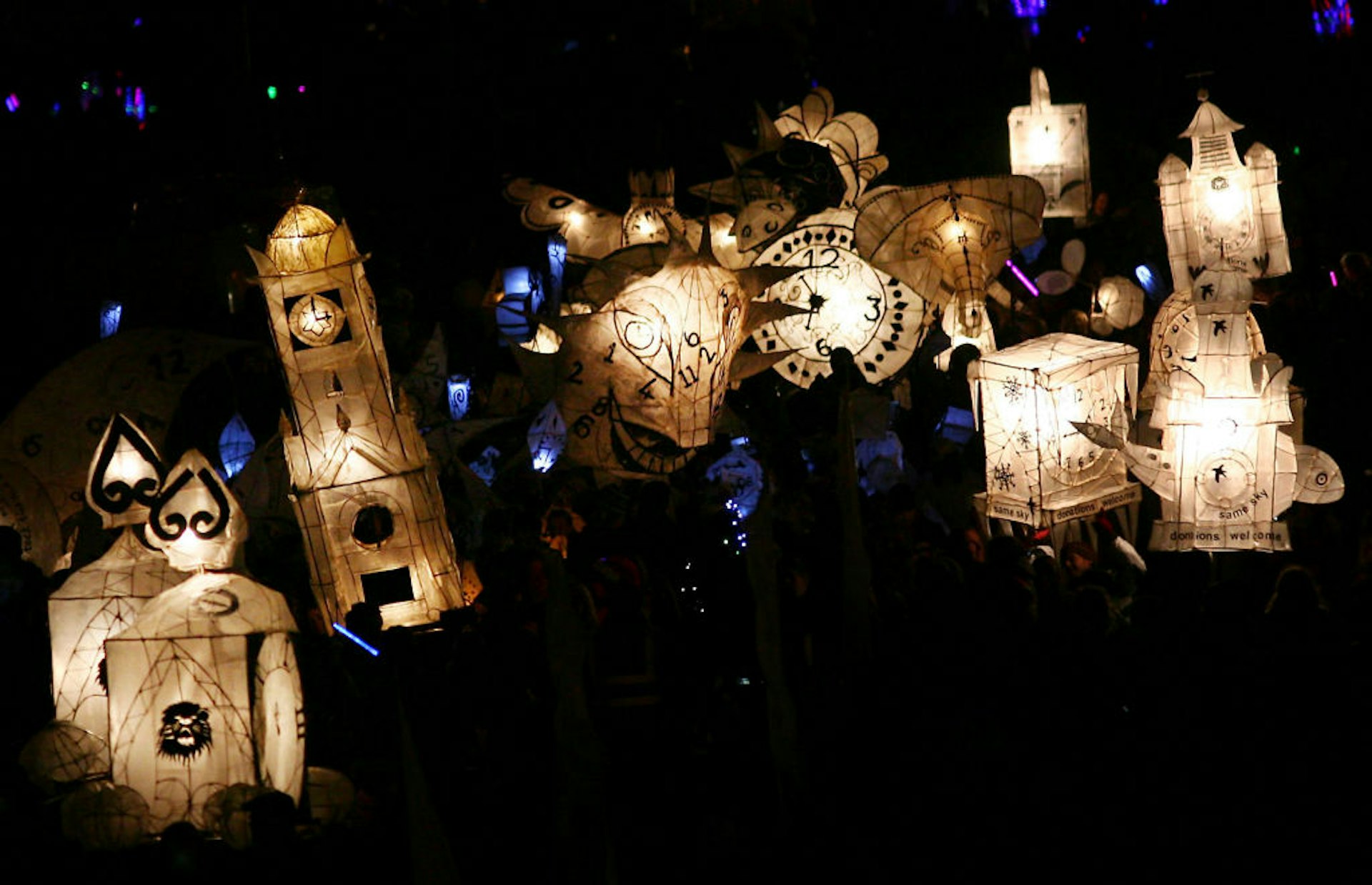
6. Burning the Clocks, Brighton, UK
A contemporary take on winter solstice light celebrations, Burning the Clocks is a quirky lantern parade held by Brighton’s arts charity, Same Sky, on the evening of December 21. The event has been running for 20 years and was established as a religion-agnostic way to celebrate the festive season. Participants construct their own paper and willow lanterns and walk through the streets of Brighton before throwing their creations into a bonfire on the beach.
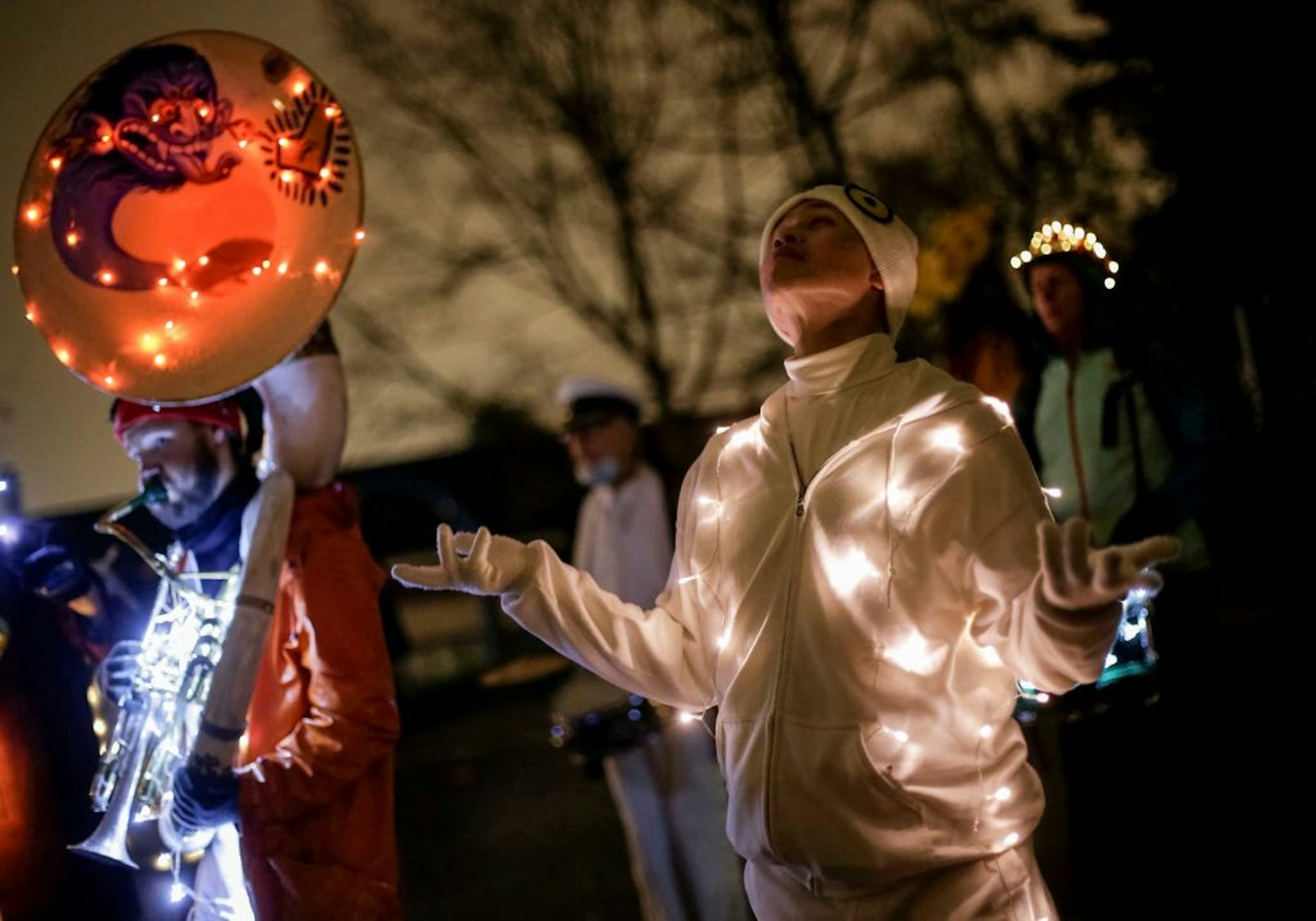
7. Winter Solstice Lantern Festival, Vancouver, Canada
On December 21 Vancouver will celebrate the 30th anniversary of one of its most festive events, with thousands taking to the streets of Granville Island and Yaletown to light up the darkest night. The Winter Solstice Lantern Festival features lantern-making workshops, fire performances and musical entertainment, creating a carnival-like atmosphere that drives away any winter blues. Other attractions include the Labyrinth of Light, an indoor art installation featuring 600 candles, and storytelling presentations.

